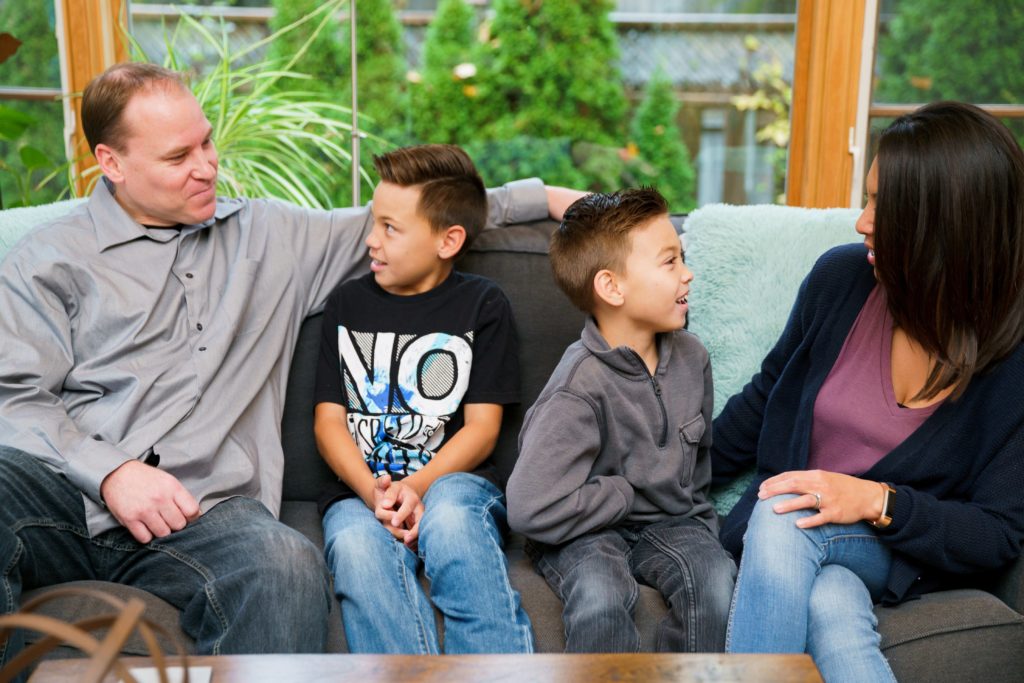The family unit, with its intricate tapestry of bonds and emotions, serves as the cornerstone of a child’s development. Within its nurturing embrace, the seeds of positive relationships are sown, shaping not only the child’s present but also their future interactions.
Families are the primary crucible where children first encounter relationships. Positive relationships within families lay the foundation for healthy interactions throughout life. When children are surrounded by love, respect, and open communication, they internalize these values, which in turn influence their friendships, romantic relationships, and professional interactions.
Positive family relationships bolster a child’s emotional well-being and resilience. In an environment marked by support and understanding, children feel safe expressing their thoughts and emotions. This emotional safety net equips them with the tools to cope with challenges, setbacks, and uncertainties, fostering emotional resilience that serves them well as they navigate the complexities of adulthood.
Effective communication and conflict resolution are integral components of any successful relationship. Families that encourage open dialogue and constructive conflict resolution contribute to the development of these essential life skills in children. Learning to express thoughts and listen actively within the family unit prepares children to engage in meaningful discussions and manage conflicts in all aspects of life.
Parents and caregivers play a pivotal role in shaping children’s values and behaviors. Positive relationships within the family provide children with role models who demonstrate empathy, kindness, and mutual respect. The values and behaviors they observe at home are often the ones they carry forward, influencing their actions and interactions with others.
While the intangible aspects of family relationships are paramount, certain material elements can enhance and support these connections. Sharing meals together fosters a sense of togetherness. Creating a space for family dinners, complete with comfortable seating and an inviting atmosphere, encourages regular interaction and meaningful conversations. Engaging in shared experiences like family outings, game nights, or vacations creates lasting memories. These experiences help solidify the bonds between family members and provide opportunities for quality time together. Providing each family member with a personal space within the home—a cozy corner or a private study area—respects their individuality and provides a sense of belonging within the larger family unit. Designating technology-free zones and times within the home promotes direct communication. This practice fosters real-time interactions, reducing the distractions that modern devices can introduce. Encouraging shared hobbies or interests provides common ground for family members to connect. Whether it’s gardening, painting, or sports, engaging in these activities strengthens the bond between generations.
These relationships provide the template upon which they build their interactions with the wider world. By fostering a nurturing environment of love, respect, and open communication, families lay the groundwork for emotional well-being, resilience, and effective interpersonal skills. While material elements can enhance family dynamics, they are secondary to the intangible values and connections that define positive relationships. As parents and caregivers, it is our responsibility to create an atmosphere where these relationships can flourish, enriching children’s lives and setting them on a path of harmonious interactions that extend far beyond the home.



